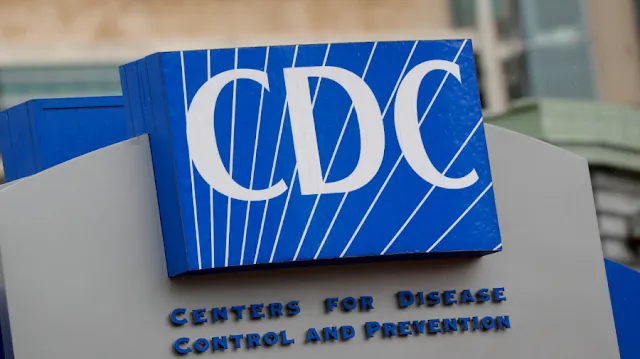Federal Judge Orders Restoration of Deleted Federal Health Websites and Data
 |
| Health agencies are required to bring back crucial public health information and resources |
A federal judge has issued a ruling demanding that several federal health agencies, including the Centers for Disease Control and Prevention (CDC), restore vital websites and data that were removed starting in late January. This decision comes after a lawsuit filed by Doctors for America (DFA), a progressive advocacy group representing physicians, and Public Citizen, a consumer rights organization, following the abrupt removal of essential health information.
The decision has sparked significant concern among healthcare professionals, public health experts, and communities who rely on these resources for critical information related to HIV prevention, contraceptives, natural disaster vulnerability, and clinical trial enrollment. The ruling ensures the restoration of these deleted web pages and datasets, which play a key role in informing healthcare providers, particularly in underserved communities.
In late January, federal health websites were altered as part of an executive directive by the Trump administration, aimed at revising federal health information in line with the administration's goals, such as defending biological truth and eliminating certain government programs. According to a CDC spokesperson, these changes were part of broader executive orders issued by President Trump on January 20, targeting gender ideology extremism and dismantling government diversity programs.
The court's ruling underscores the importance of these resources to clinicians and public health professionals. Judge John Bates, of the U.S. District Court for the District of Columbia, expressed that the loss of these resources had negatively impacted public health efforts, especially for marginalized populations who rely on accessible healthcare information. He stated, "It bears emphasizing who ultimately bears the harm of defendants' actions: everyday Americans, and most acutely, underprivileged Americans, seeking healthcare."
Under the judge's order, the Department of Health and Human Services (HHS), the Food and Drug Administration (FDA), and the CDC must restore the specific pages and datasets cited in the lawsuit by Tuesday at midnight. Additionally, by the end of the week, the federal government is required to identify any other critical resources used by healthcare providers and restore them.
Legal experts have praised the court's decision, calling it a robust response to a likely unlawful action by the federal government. Dorit Reiss, a law professor at the University of California College of the Law San Francisco, noted that the government's actions were likely legally flawed because they lacked clear justification and were executed without proper notice to the public or stakeholders. Reiss added, "It suggests the government is in a weak place for this case."
While some of the removed pages and data have been restored, there are still unanswered questions about the full extent of what has been modified or permanently deleted. Zach Shelley, an attorney with Public Citizen Litigation Group, mentioned that the restoration process remains ongoing, with many crucial resources still missing from the websites of the CDC, FDA, and HHS.
The controversy over the removal of federal health data prompted a rapid response from the scientific and medical communities, who scrambled to download and preserve crucial datasets before they disappeared. Dr. Joshua Sharfstein, a member of a CDC advisory committee, voiced his concern in letters to the CDC's acting director, expressing worries about the impact on disease monitoring, current disease investigations, workforce reductions, and the disruption of essential grant funding.
In addition to health data, some of the changes to federal websites also raised alarms about potential cuts to public health staffing, with certain CDC employees being reclassified as noncritical. These changes have led to a sense of unease among agency staff, with morale plummeting in response to the uncertainty over job security.
The judge's decision serves as a reminder that government actions impacting public health resources and data must be carried out transparently and with well-supported reasoning. Dr. Sharfstein emphasized the importance of maintaining access to these websites, explaining that they are not just informational but essential guides that healthcare providers rely on to deliver quality care to their patients. The judge's ruling affirms that these resources should not be disrupted without due consideration for their critical role in public health.



댓글
댓글 쓰기